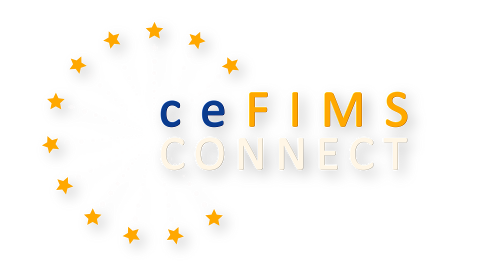Research Agencies
Engineering and Physical Sciences Research Council [external link]
Science and Technology Facilities Council [external link]
Innovate UK: (formerly known as Technology Strategy Board) [external link]
_____________________________________________________________________
Research Strategies and Priority Areas
Science & Innovation Investment Framework (2004 – 2014) [external link]
ERA Country Report 2011: UK [external link]
Science and Technology Facilities Council: Annual Report 2011-2012 UK [external link]
and Corporate Strategy 2010-2020 UK [external link]
EPSRC Digital Economy Theme [external link]
and ICT Theme [external link]
Technology Strategy Board: Enabling Technology Strategy 2012-2015 [external link]
and Enabling Technologies Action Plan 2013-2014 [external link]
and Digital Economy Action Plan 2013-2014 [external link]
Technology Strategy Board Priorities:
ICT [external link]
Electronics, Sensors and Photonics [external link]
Digital Economy [external link]
_____________________________________________________________________
Estimated Public Funding of ICT Research 2013
€800 – €1,100 million.
Best Estimate: €1,000 million
_____________________________________________________________________
Organisations
Digital Economy Programme [external link]
RAPTOR [external link]
India-UK Advanced Technology Centre [external link]
Oxford Internet Institute [external link]
Centre for Secure Information Technologies [external link]
Scientific and Computing Department [external link]
Internet of Things Special Interest Group [external link]
Energy Efficiency [external link]
_____________________________________________________________________
Projects & Initiatives
_________
Accessing and Using Big Data to Advance Social Science Knowledge
The central goal of this research project is to investigate how big data about people and their social interactions is accessed, and how it enables the discovery of new knowledge about society and behaviour.
_________
DANCER
The DANCER project takes insights from users’ behaviour analysis, metering schemes, wireless sensors and embedded software to produce a system that both interactively and automatically manages users’ energy consumption within indoor environments.
_________
DIDERO
This project concerns itself with the experimental evaluation of diverse database replication protocols.
_________
Digital Forensic Gateway
This project seeks to advance the science of forensics through developing a cloud based platform to support knowledge dissemination and collaboration amongst the scientific community.
_________
EnCoRe
The EnCoRe project seeks to develop innovative technological mechanisms to enable and simplify the process of granting and revoking consent for the storage and use of personal data.
_________
EyeHub
The EyeHub project aims to build an open hub to enable “smart city” services to be developed and trialled, firstly within the University of Surrey campus and then throughout the town of Guildford.
_________
ExODA
The ExODA project aims to develop a framework for the next generation of ontology-based ISs based on a synthesis and an extension of ontology and database systems and techniques.
_________
PATINA
The PATINA project aims to provide researchers with new opportunities to create research spaces that emphasise the primacy of research material, and support the sharing of research activities as well as results.
_________
Security for Future Home Networks and Services
This project’s goal is to research and develop novel network and service security frameworks for Internet-connected devices such as smart phones, digital cameras, home hubs and Internet TVs.
_________
SOWN
SOWN (the Southampton Open Wireless Network) is a project which aims to build a free-to-use, wireless network in the city of Southampton.
_________
Stride
The Stride project, delivered by a consortium of world class partners, will create an IoT Cluster for Smart Transport, initially focused on the East of England. The project will focus on the creation of a Smart Transport ecosystem where all stakeholders share data so that innovations and synergies can be found at every level of service provision.
_________
UMA
The User-Managed Access (UMA) project seeks to develop a protocol that enable will individuals to authorise who and what can get access to their online personal data, content , and services through a unified control point. At this control point, a user can set policy that ensures that only requesters meeting a given set of criteria can succeed in gaining access to their personal data.
_____________________________________________________________________
